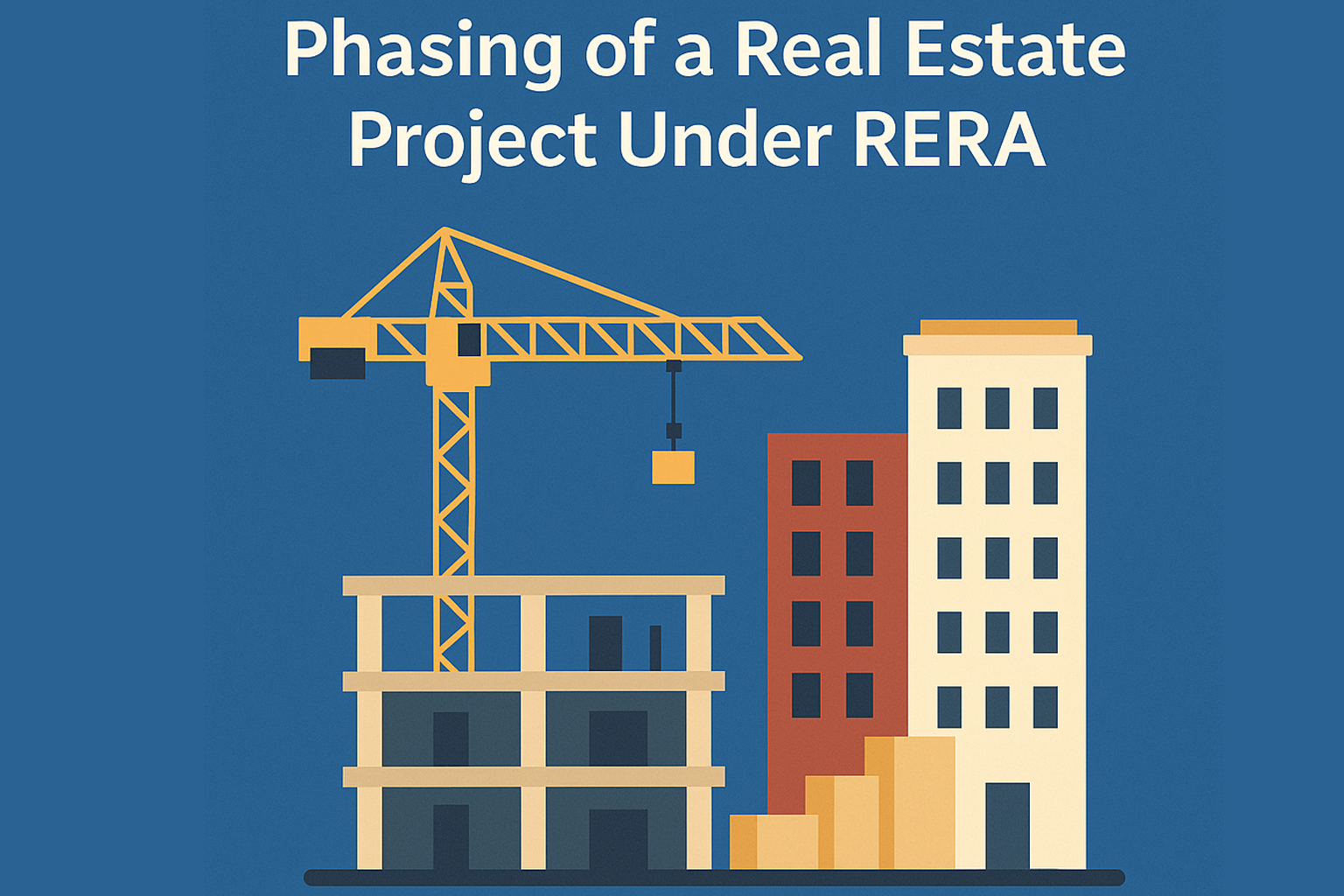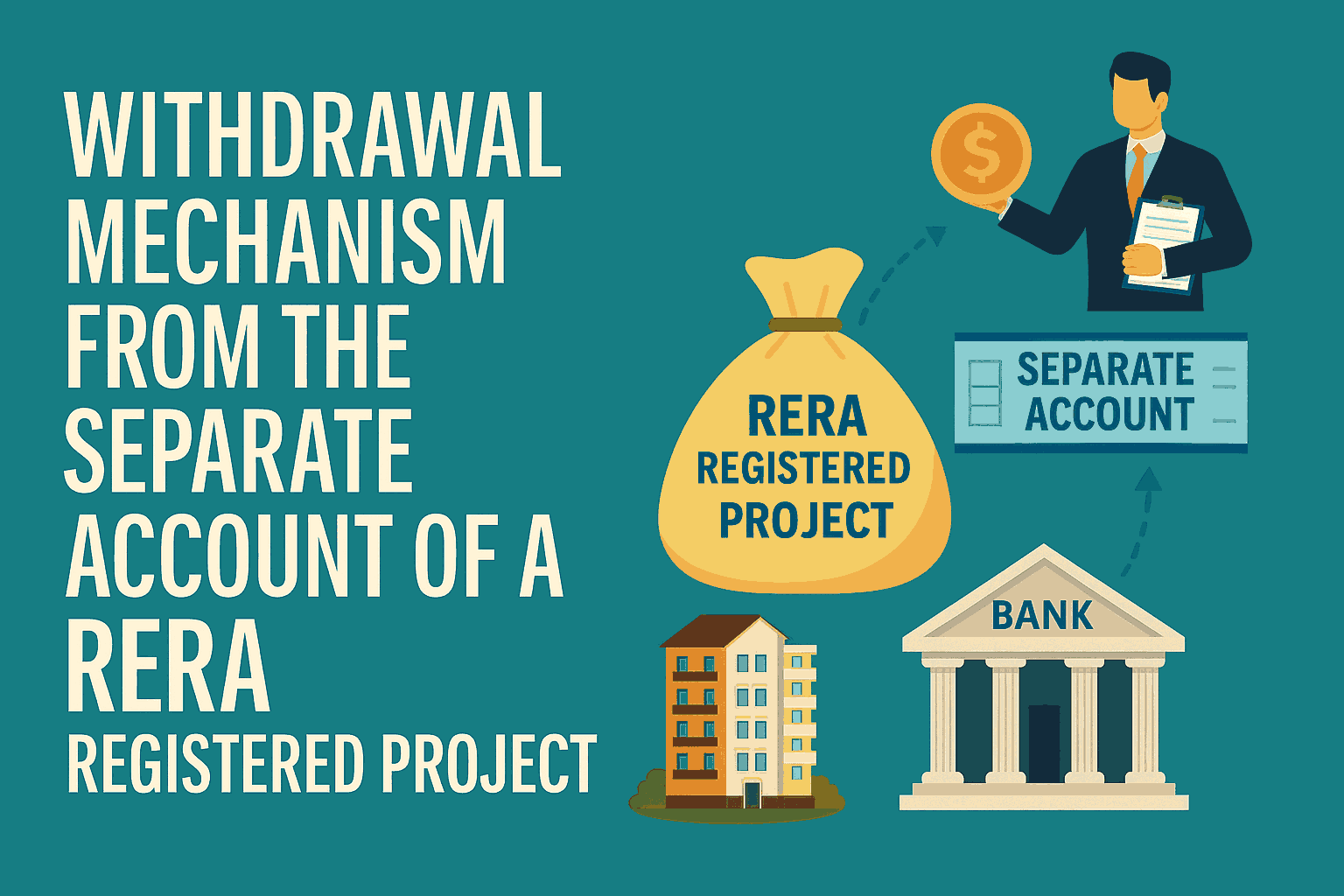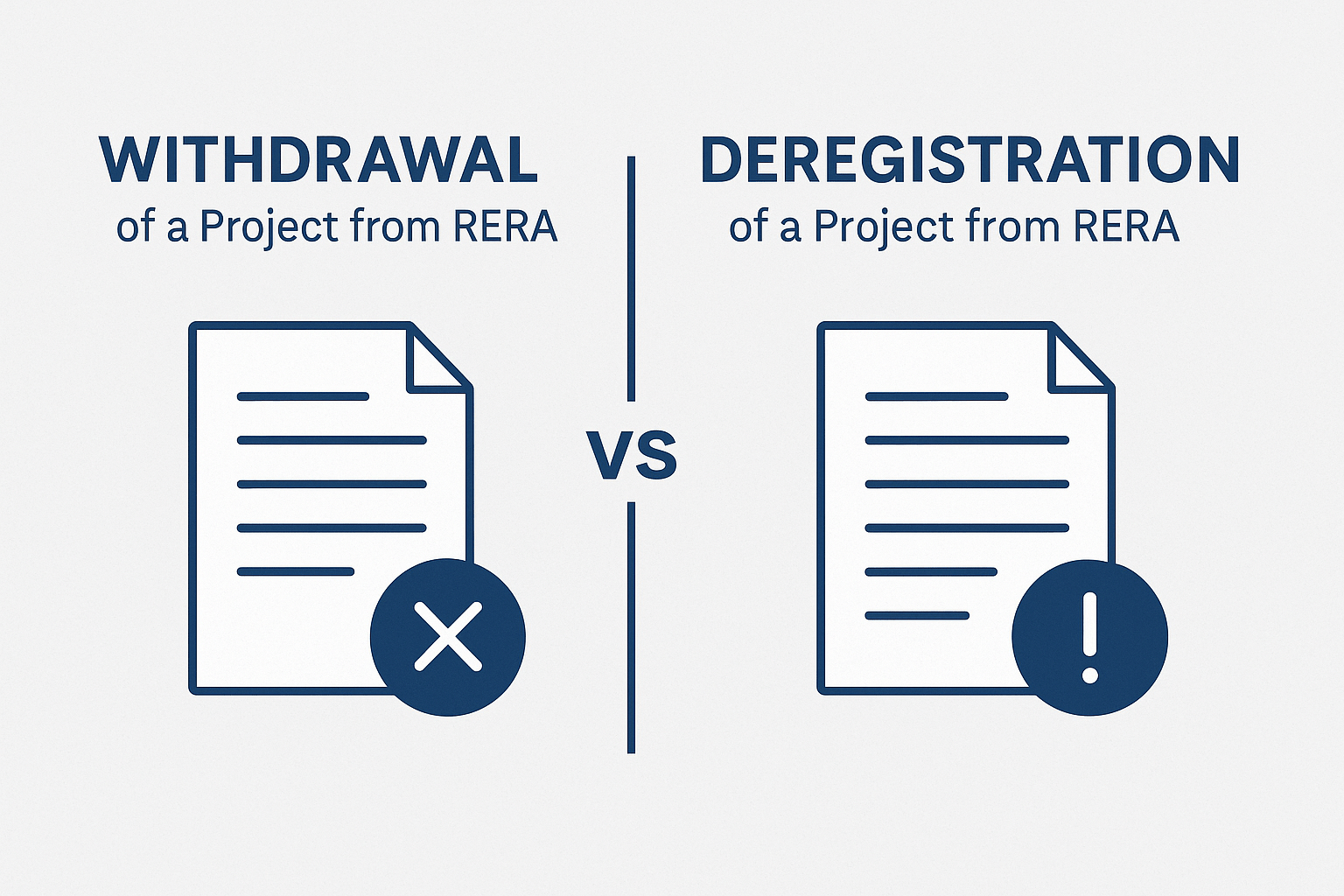
What is Phasing in Real Estate Projects?
Phasing involves breaking down a large development into distinct stages or phases, with each phase having its own timeline for completion. Each phase is registered and managed separately under RERA but is part of the larger overall project.
Phasing allows developers to sell, develop, and manage various parts of the project independently, helping to ensure better cash flow management and reducing the time to market.
Why is Phasing Important Under RERA?
Transparency and Accountability: Phasing provides transparency to homebuyers, allowing them to understand the expected timeline for each part of the project and receive possession accordingly.
Efficient Project Management: Phased construction and sale enable developers to manage construction costs and timelines better, reducing delays and improving overall project delivery.
Protection for Homebuyers: Buyers can have clearer expectations about delivery timelines, possession, and payment schedules for each phase of the project.
Phasing Requirements Under RERA:
Separate Registration for Each Phase: Under RERA, each phase of a project must be registered separately, with its own unique registration number, timelines, and commitments. Developers are required to submit the details of the project phases, including the planned schedule for each phase’s completion.
Disclosure of Phasing Plan: Developers must submit a detailed plan showing the overall timeline for the project and the timeline for each phase. This plan must be included in the project’s registration application.
Separate Accounts for Each Phase: RERA mandates that each phase of a project has its own financial management system, with separate accounts to manage the funds collected for that specific phase. The funds raised from buyers in each phase can only be used for the development of that phase, ensuring funds are properly allocated.
How Does Phasing Impact Homebuyers and Investors?
Clear Possession Timelines: Phased projects allow buyers to get possession of completed parts of the project as the construction progresses. This is particularly important in larger developments where waiting for the entire project to be completed may take several years.
Early Access to Completed Units: Homebuyers who buy in the first phase may receive possession sooner, giving them an opportunity to occupy the property while subsequent phases are still under construction.
Confidence in Investments: Investors are more likely to invest in a phased project due to the clear, structured timeline and the ability to see tangible progress in the earlier phases of construction.
Compliance and Documentation Requirements:
Project Registration: Developers must ensure that each phase is registered with RERA and complies with the statutory regulations for registration, disclosure, and documentation.
Phased Completion Certificate: After the completion of each phase, developers must submit a completion certificate for that phase to RERA, confirming that the phase has been completed as per the approved plan.
Quarterly Progress Reports (QPR): Developers must submit QPRs to RERA for each phase, ensuring transparency in the construction process and allowing homebuyers and investors to track the progress of each phase.
Challenges in Phased Projects:
Delays in Later Phases: If the earlier phases of a project experience delays, it may impact the timelines of later phases, making it difficult for developers to meet their promised delivery dates.
Coordination Between Phases: Managing multiple phases of a project simultaneously requires careful coordination. Any mismanagement can lead to delays or issues in the execution of the overall project.
Regulatory Compliance for Each Phase: Developers need to ensure that each phase is compliant with RERA regulations, which can be a complex process if not handled correctly.
What Happens if a Developer Fails to Comply with Phasing Regulations?
Penalties and Fines: Developers who fail to meet the required timelines for each phase or who do not register their phases with RERA can face penalties, including fines and suspension of registration.
Legal Consequences: Homebuyers and investors can seek legal recourse if the developer fails to meet the deadlines or delivery commitments for any phase of the project, leading to litigation and compensation claims.
Phasing of real estate projects under RERA is an essential aspect of managing large-scale developments, providing structure, transparency, and a clear timeline for both developers and homebuyers. By following the regulations regarding phasing, developers can ensure better project management, meet deadlines, and build trust with investors and homebuyers. Apex RERA Professionals provides guidance to developers on the complexities of phasing under RERA, ensuring compliance and smooth execution of the project phases.
CA Akash Jaiswal
Chief Advisor
Apex RERA Professionals
Contact


Apex RERA Professionals is owned by Realtyedge Professionals LLP.